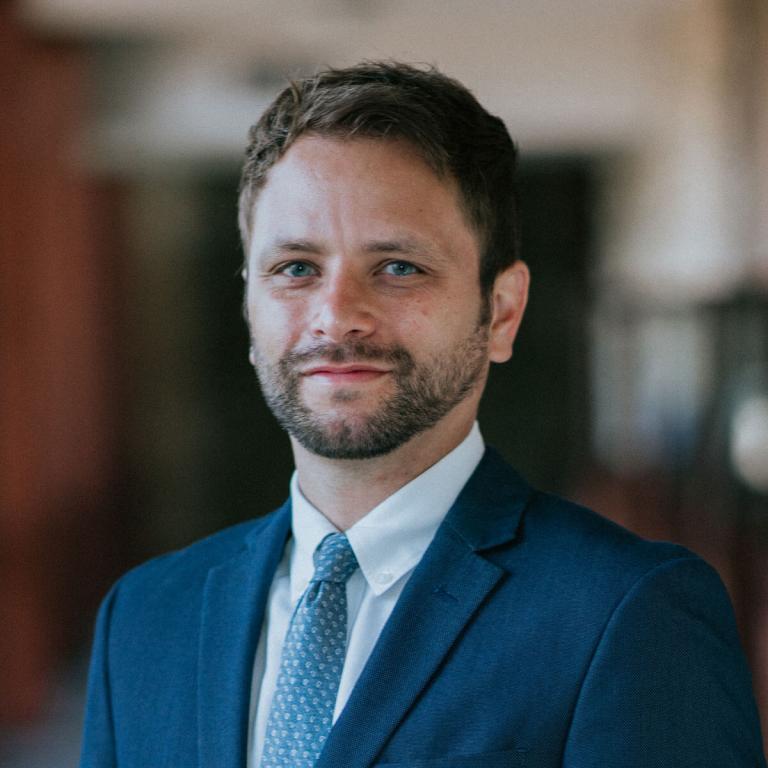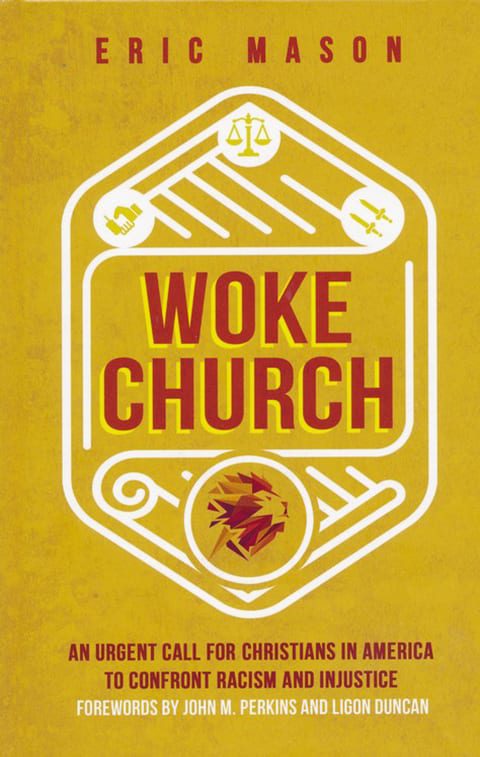The recent video series by Owen Strachan has caused quite a stir on social media,… and rightly so. He addresses an utterly serious matter. Put concisely, the idea that sparked shock was his statement that “excommunication must happen for those who do not repent of teaching CRT, wokeness, and intersectionality.”

In fairness, Strachan says much more but I can’t rehearse his several hours’ worth of talks. I could draw out a lengthy summary of Strachan’s remarks before letting you know my opinion, but I won’t.
Reasons for Concern
I’ll state upfront my view and admit that I’ll struggle to convey the graciousness that I prefer I do. Strachan’s comments come from his sincere ambition to help the church be free from enslaving ideologies that run counter to Scripture. However, as others have also expressed, his words do a disservice to the church. They in fact are counterproductive to the good, fruitful goals that I believe he seeks. And while I prefer to confront such troubling statements in a more indirect manner, the stakes are too big in this instance.
What do I find so problematic about Strachan’s workshop?
The problem has nothing to do with his intentions or desire to be faithful to the Bible. I don’t think he seeks to misrepresent people from other perspectives. Nevertheless, his overgeneralized, alarmist denunciation of wokeness infuses fear to calamitous effect. His presentation in many respects is unmeasured and irresponsible. And I say that wishing I could use another adjective. Perhaps, with other issues, I would not have to use such candor, especially when I do not assume or suggest that Strachan intends anything ill.
Woke in the Eye of the Beholder
So then, why is it that Owen Strachan appears to be asleep at the wheel when it comes to wokeness?
It is not that he is entirely wrong, but rather he presents partial truth as if it were the whole truth. Let me illustrate with a few examples as to why I think Strachan demonstrates precisely how we, as the church, should not speak about and deal with consequential issues.
In the first session, Strachan recalls a 2017 training conducted by Ashley Shackleford, who claimed that all white people are racists and are born into not being human. Her comments are deplorable, and I certainly agree with Strachan’s rejection of her statements. However, we should recognize that Shackleford epitomizes the most extreme group of people who use the language of wokeness. She is in no way representative of the predominant viewpoint of people who claim to be “woke.”
For example, Eric Mason is an African American pastor and author of Woke Church. In his book, he says that a “woke” person is
“socially aware of issues that have systemic impact… [wokeness] has to do with seeing all of the issues and being able to connect the cultural, socio-economic, philosophical, historical, and ethical dots” (25).
At one point, Mason even says that Matt Chandler, a white pastor, is a “woke” brother. In large parts of society and certainly within evangelicalism, this is a prominent way of speaking about “wokeness.”
Is Wokeness Scriptural or Scary?
Early in his first talk, he gives a long list of things that he claims are not marks of “wokeness” but instead are “basic biblical Christianity.” The following are a few of his comments. He says,
- “Wanting racial harmony does not make you woke”
- “Seeing massive failings in American and Western history, namely long and sustained patterns of racist thought and practice, does not make you woke.”
- “Being troubled in a major way by the complicity of past Christians in racism does not make you woke.”
- “Working to be more thoughtful with one’s language regarding racial or ethnic difference does not make you woke.”
Yes, these are features of basic biblical Christianity, but they also characterize what most people mean when they talk about wokeness.
By contrast, Strachan’s clamorous rebuke of wokeness suggests a malevolent dystopian vision for the future, one that would be rejected by countless people who claim to be woke. (For a synopsis of Strachan’s distinction between being woke and not woke, see his recent post here.)
He imagines a “well-meaning white housewife who goes about her daily business.” Strachan says,
“Our housewife is not just a part of the broader unjust framework though according to [Critical Race Theory] and others. She is the burning core of the problem. Even as she posts photos of her kids on Instagram in a protected account, bakes pumpkin muffins in the fall, and volunteers at her local homeless shelter, she is actually a white supremacist. She not only participates in the collective problem of whiteness, in a very real sense, she is the problem.”
This is a gross mischaracterization of what the vast majority of normal “woke” people believe. Such hyperbolic language is completely irresponsible and only stokes the fires of resentment and fear. It breads defensiveness. And defensiveness is antithetical to reconciliation.
In essence, Strachan chooses the most extreme examples and assertions, then treats them as though they were typical of people who call themselves “woke” or find benefit from Critical Race Theory (CRT), which I’ll address in the next post.
This is equivalent to cherry-picking the worst examples of those who call themselves “Christians.” The horrors that have been committed in the name of Christianity are innumerable, yet no Christian would accept as responsible the accusation that Christianity is an enslaving evil simply because of a radical group that uses Christian language.
In Part Two, I will look at ways that Strachan misrepresents his “woke” opponents and mistakes the target of his attack. In the process, I’ll give a few thoughts on Critical Race Theory (CRT).













